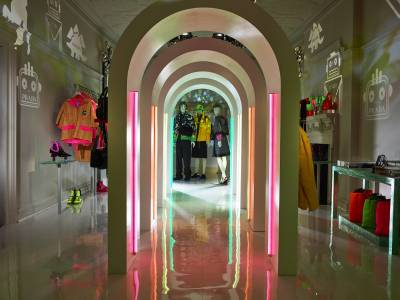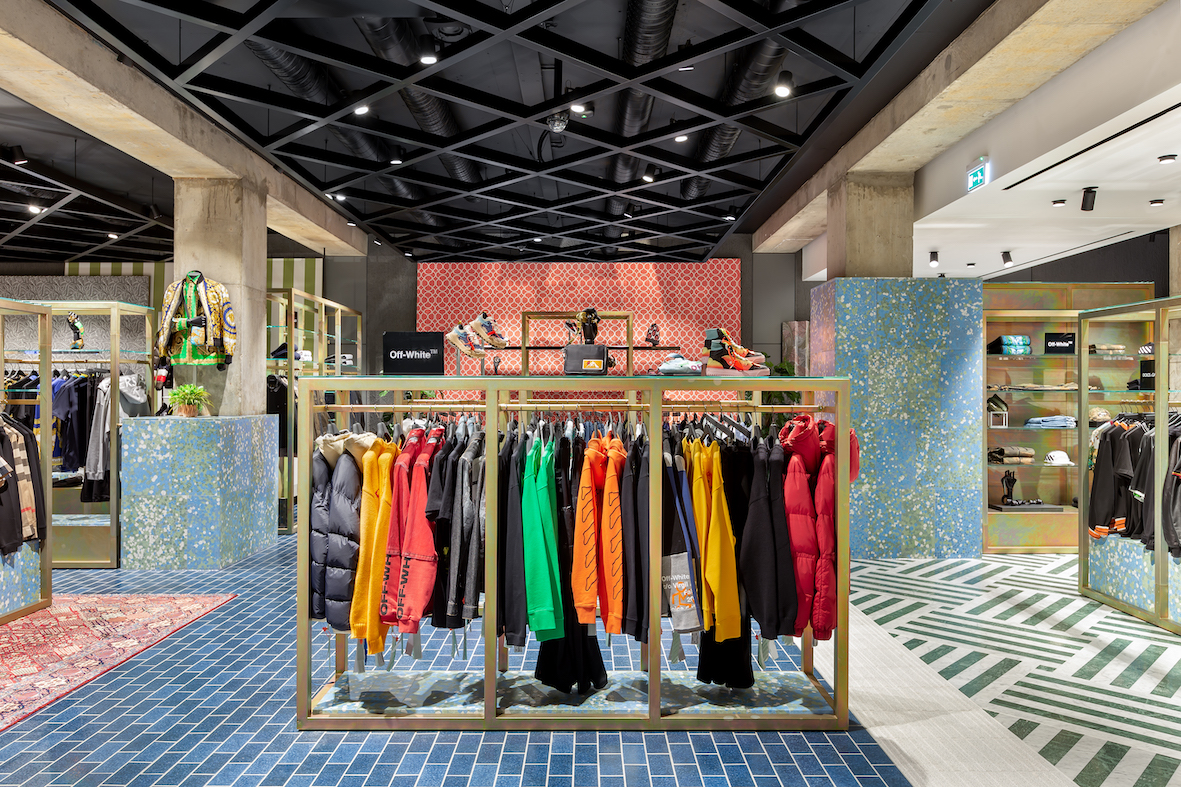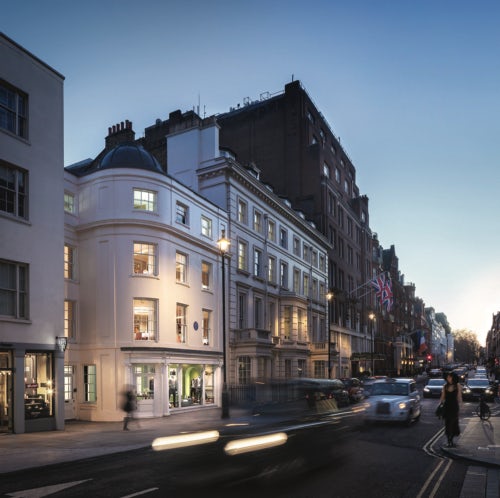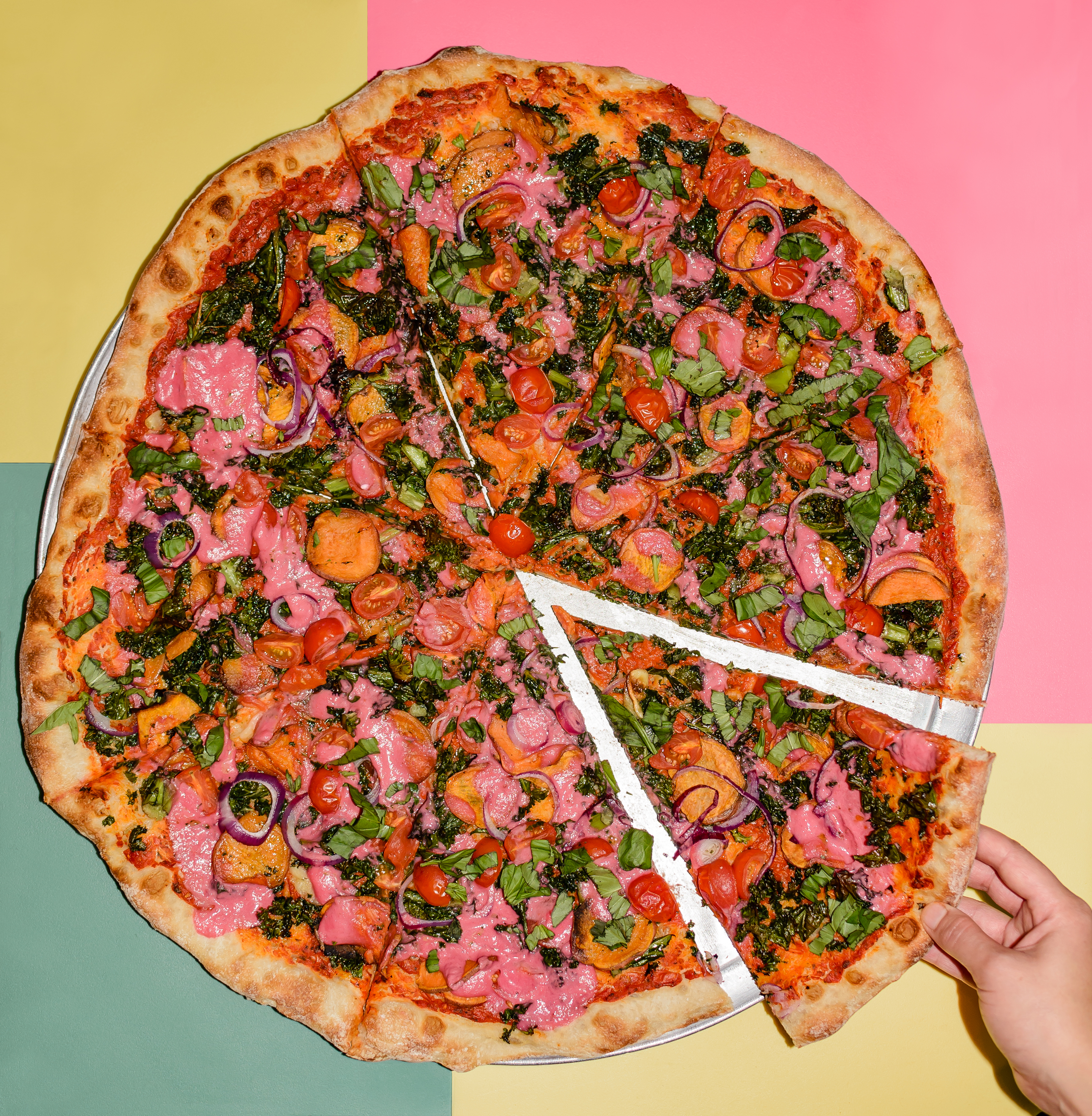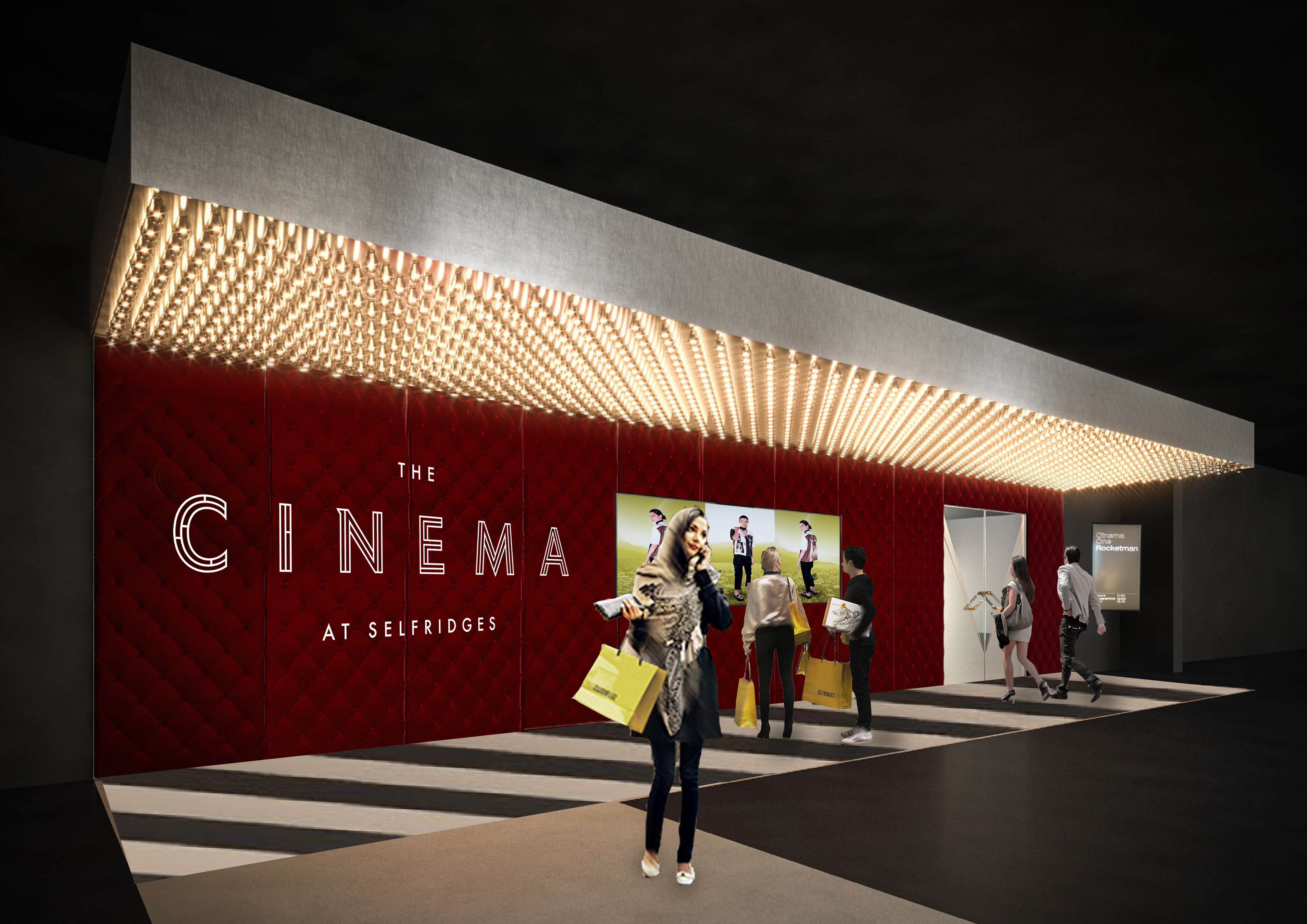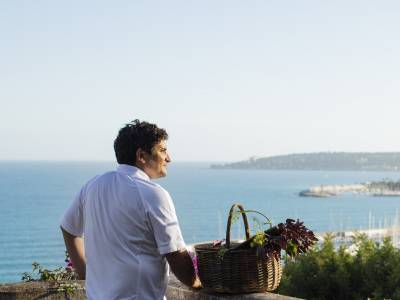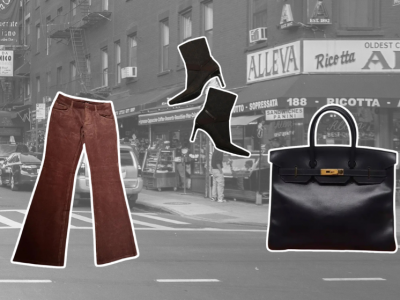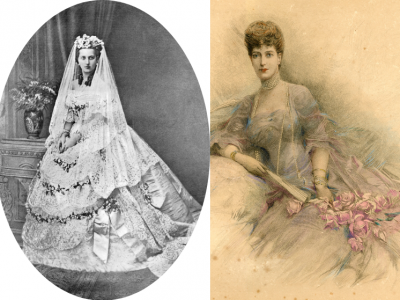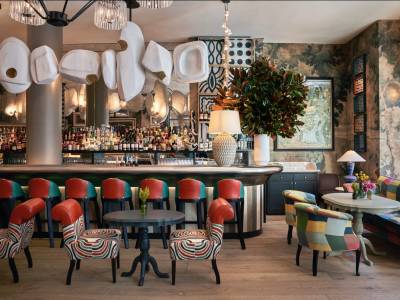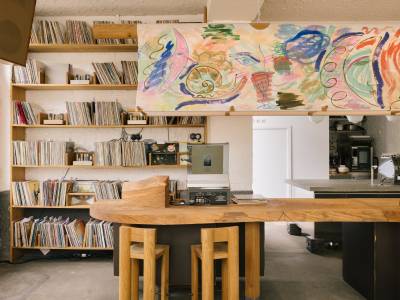Are you being served? The shop assistant’s catchphrase may have been the perfect title for the hit TV comedy series of the 1970s and 1980s, but the same programme also hinted at the fustiness and lack of dynamism that the department store format was then slowly slipping into. Of course, London’s giants in that area — among them Selfridges and Harrods — would later undergo revamps to address the growing, rival appeal of independent boutiques with a distinct point of view. But, increasingly, it’s these stores that are taking their lead from the department store — in following the approach not only of offering more than a core product, but in doing so in sizable spaces, too.
“What we’re seeing, I think, is the idea of shops that go beyond just selling products, but which create a culture of community. That is what retail should be now to complement online sales,” argues Jess Christie, chief brand officer of MatchesFashion, in relation to the company’s five-storey Carlos Place store, which opened last year, with new brands including Harris Reed, Charles Jeffrey and Matty Bovan. It has used this new space to re-imagine the traditional bricks-and-mortar store through a busy programme of free and live-streamed events, from floristry courses to art talks and gigs.
